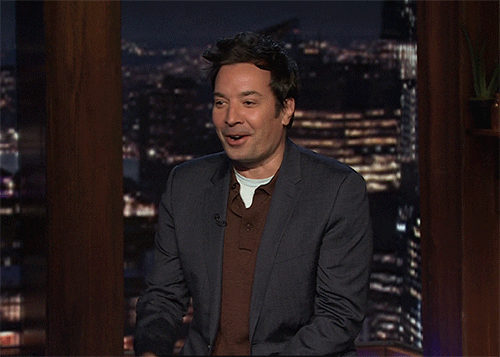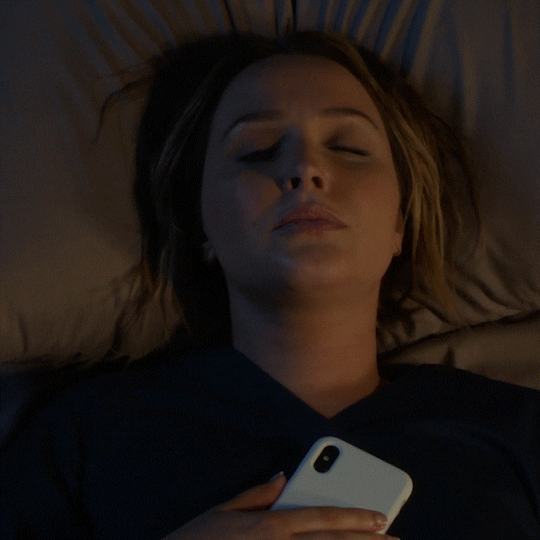
Why It's So Hard To Make A Choice Nowadays - The Abundance Of Options Is A Problem
Coping strategies for managing decision-making.
In today's world, we are faced with an abundance of choices in almost every aspect of our lives. From what to wear, what to eat, where to live, what career to pursue, to who to date, the number of options available to us is seemingly endless. This abundance of options is often seen as a sign of progress and freedom. However, research suggests that having too many options can actually be a problem, leading to decision paralysis, anxiety, and dissatisfaction.
In this essay, we will explore why it's so hard to make a choice nowadays, with a focus on the impact of the abundance of options. We will examine the paradox of choice, the role of technology, the psychology of decision-making, the consequences of decision paralysis, and coping strategies for managing decision-making. By the end of this essay, readers will have a better understanding of the challenges posed by the abundance of options and strategies for coping with them.
The Paradox of Choice

The paradox of choice refers to the idea that having too many options can actually make it harder for us to make a decision, leading to anxiety, decision paralysis, and dissatisfaction. This paradox was first identified by psychologist Barry Schwartz in his book "The Paradox of Choice: Why More Is Less."
According to Schwartz, having too many options creates several problems. First, it leads to decision paralysis, where we are unable to make a decision because we are overwhelmed by the number of options available to us. This can be especially true when the options are similar in quality or when there is no clear "right" choice.
Second, having too many options can lead to regret and disappointment. When we make a decision, we often compare the outcome to what might have been if we had chosen differently. With so many options available, the likelihood of experiencing regret or disappointment is higher.
Third, having too many options can lead to unrealistic expectations. When we have so many options available to us, we tend to set higher standards for what we expect from the choices we make. This can lead to dissatisfaction, even if the choice we made is objectively a good one.
The paradox of choice has implications for many aspects of our lives. For example, when shopping, we may spend hours comparing different products and reading reviews, only to end up feeling overwhelmed and dissatisfied with our purchase. In the dating world, we may find ourselves constantly searching for the "perfect" partner, only to be disappointed when no one seems to meet our high standards.
The Abundance of Options

The abundance of options is a defining feature of modern life. In almost every aspect of our lives, we are faced with an overwhelming number of choices, no matter the subject. From places where we can eat, gyms we can train at, places we can shop at, etc. Even the industries and spheres that were seemingly stigmatized in the past and could only be accessed within specified circles are now available in broad options. A great example of this would be online casinos, which, due to their controversial nature, made having a diversity of option a bit hard. Nowadays, one need only make a single search for top 5 online casinos to be given a vast ocean of options to choose from.
From what to wear, what to eat, where to live, what career to pursue, to who to date, the number of options available to us is seemingly endless. While this may seem like a sign of progress and freedom, research suggests that it can actually be a problem.
One reason why the abundance of options is a problem is that it can lead to decision paralysis. When we are faced with too many options, we may become overwhelmed and unable to make a decision. This can be especially true when the options are similar in quality or when there is no clear "right" choice. Decision paralysis can lead to anxiety, stress, and even depression.
Another problem with the abundance of options is that it can lead to regret and disappointment. When we make a decision, we often compare the outcome to what might have been if we had chosen differently. With so many options available, the likelihood of experiencing regret or disappointment is higher. This can lead to a sense of dissatisfaction with our choices, even if they were objectively good ones.
The abundance of options can also lead to unrealistic expectations. When we have so many options available to us, we tend to set higher standards for what we expect from the choices we make. This can lead to a sense of dissatisfaction, even if the choice we made is objectively a good one.
The abundance of options can also have social and environmental consequences. When we have so many choices, we may feel pressure to keep up with the latest trends and fashions, leading to a culture of consumerism and waste. This can have negative impacts on the environment and on our sense of well-being.
Analysis Paralysis

Analysis paralysis is a phenomenon where individuals get stuck in an endless loop of analyzing and evaluating options, often resulting in inaction. It is a common problem in decision-making, especially in situations where there are many options available, and each option has its own set of pros and cons.
One reason why analysis paralysis occurs is that individuals feel the need to make the "perfect" decision. They may fear making the wrong choice and experiencing negative consequences, which can lead to excessive analysis and evaluation of options.
Another reason why analysis paralysis occurs is that individuals may lack confidence in their ability to make a decision. They may feel overwhelmed by the number of options available, leading to a lack of clarity and direction in decision-making.
Analysis paralysis can have significant consequences, including missed opportunities, wasted time, and increased stress and anxiety. To avoid analysis paralysis, it is important to set clear decision-making criteria, prioritize options, and limit the amount of time spent analyzing and evaluating options. Seeking outside input and feedback can also help provide perspective and clarity in decision-making.
Fear of Missing Out

Fear of missing out, or FOMO, is a term used to describe the anxiety and stress that individuals experience when they believe that others are having rewarding experiences that they are not a part of. It is a common phenomenon in today's hyper-connected world, where social media platforms allow individuals to share every aspect of their lives.
The fear of missing out can have negative consequences, including anxiety, stress, and feelings of inadequacy. It can also lead to compulsive behavior, such as constantly checking social media feeds, attending events, or making impulsive purchases, in an attempt to avoid missing out on experiences.
To overcome the fear of missing out, individuals can practice mindfulness, set priorities, and develop a sense of gratitude for the experiences they do have. It is also important to recognize that social media often presents a curated and idealized version of reality, and that the experiences of others may not be as rewarding as they appear.
Overall, while the fear of missing out can be a powerful motivator, it can also have negative consequences. By practicing mindfulness and gratitude, individuals can overcome FOMO and develop a greater sense of satisfaction and contentment in their lives.
Coping strategies
One effective approach is to focus on one's core values and priorities. By defining what is truly important, individuals can more easily identify options that align with their values and eliminate those that do not. This can help to simplify decision-making and reduce the anxiety and stress that comes with it.
Another helpful strategy is to limit the number of options. When there are too many options, it can be difficult to make a choice. By narrowing down the choices to a manageable number, individuals can more easily evaluate their options and make a decision that feels right.
Seeking outside input can also be valuable. Sometimes it can be difficult to see all of the options and evaluate them objectively. By seeking the opinions and insights of others, individuals can gain a new perspective and make a more informed decision.
Finally, practicing mindfulness can help to overcome the paradox of choice. By staying present in the moment and focusing on what is truly important, individuals can reduce the impact of external factors and make decisions that align with their values and priorities.
Conclusion
In today's world, we are faced with an abundance of options in almost every aspect of our lives. While having many choices can be liberating, it can also make decision-making more challenging. The abundance of options can lead to analysis paralysis, FOMO, the paradox of choice, and decision fatigue, all of which can make decision-making more difficult.
To overcome these challenges, it's important to be mindful of our decision-making process and to develop strategies for managing the abundance of options. This might include setting clear criteria for decision-making, limiting the number of options, seeking outside input, and practicing mindfulness and gratitude.
Ultimately, decision-making is a skill that can be developed through practice and experience. By becoming more aware of our decision-making tendencies and learning to manage the abundance of options, we can make more confident and informed decisions and lead more fulfilling lives.











